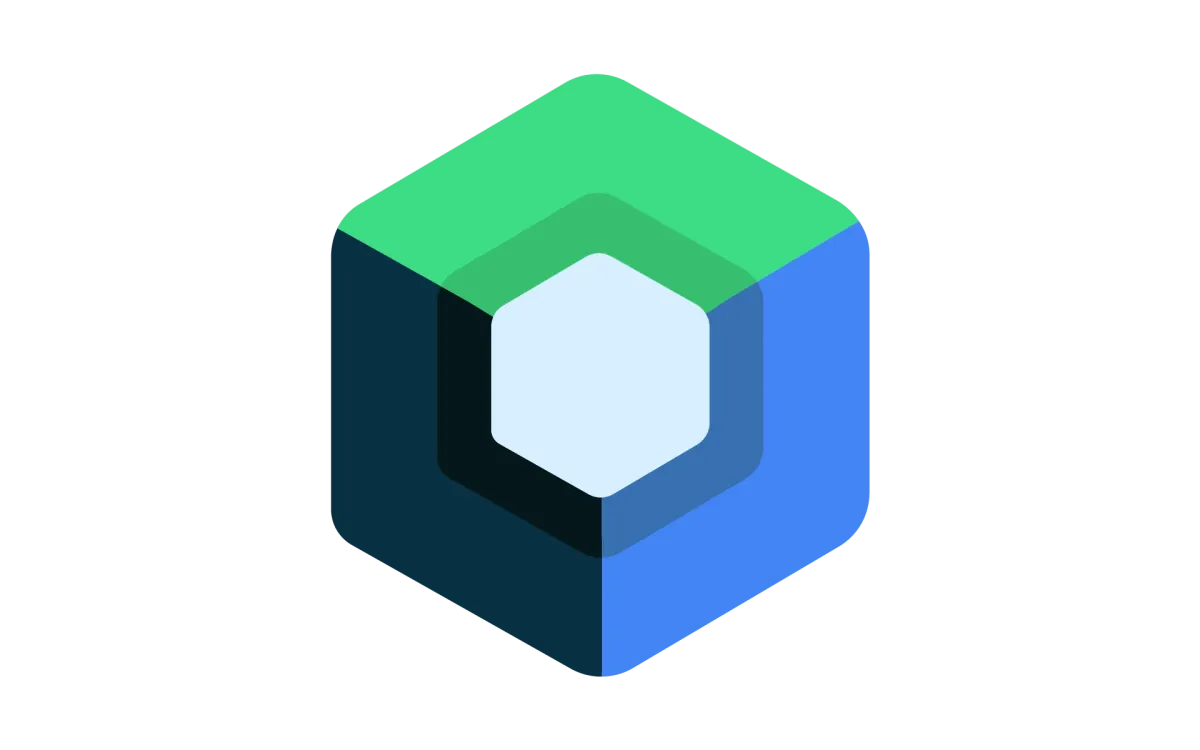
Microsoft this month announced an update to its Clarity for Mobile Apps platform, introducing support for applications built with Jetpack Compose. This development, which comes in the form of the Clarity Compose SDK version 2.5.0, marks a substantial leap forward in Microsoft's efforts to provide comprehensive analytics tools for mobile app developers. The new SDK aims to simplify the process of monitoring and improving user interfaces (UIs) created with Jetpack Compose, Google's modern toolkit for building native Android UIs.
Jetpack Compose, first introduced in 2021, has rapidly gained popularity among Android developers due to its declarative approach to UI development using Kotlin. This toolkit has been praised for its ability to streamline the UI creation process, allowing developers to write less code while leveraging powerful tools and built-in support for various design elements. The integration of Clarity's analytics capabilities with Jetpack Compose addresses a growing need in the mobile development community for more sophisticated and tailored monitoring solutions.
According to the official announcement, the Clarity Compose SDK automatically detects and tracks Jetpack Compose components and events. This includes user interactions such as clicks, scrolls, and gestures, as well as the capture of state and properties of Compose components like text, color, size, and visibility. By integrating this SDK into their applications, developers can now view and replay Jetpack Compose UIs directly within the Clarity dashboard, providing unprecedented insight into how users interact with these modern interfaces.
The release of the Clarity Compose SDK 2.5.0 supports Jetpack Compose versions ranging from 1.0.0 to 1.6.8, encompassing all stable releases within this range. This broad support ensures that developers using various versions of Jetpack Compose can benefit from Clarity's analytics capabilities without needing to update their Compose dependencies immediately.
One of the key features of the new SDK is its seamless integration process. Developers can easily incorporate Clarity into their Jetpack Compose projects by simply adding the com.microsoft.clarity:clarity-compose package to their dependencies, replacing the standard com.microsoft.clarity:clarity package used for non-Compose projects. This straightforward implementation process minimizes the learning curve and allows developers to quickly adopt the new analytics capabilities.
The Clarity Compose SDK also maintains feature parity with its non-Compose counterpart. For instance, the SDK supports Android API levels 29 through 34, mirroring the support provided by the standard Clarity SDK version 2.5.0. This consistency ensures that developers do not lose any functionality when transitioning to the Compose-specific version of the SDK.
Privacy and data protection considerations have been addressed in the new SDK through the implementation of masking capabilities. Developers can use special masking and unmasking modifiers to control what data is captured and shared with Clarity. This feature allows for fine-grained control over sensitive information, enabling developers to balance comprehensive analytics with user privacy concerns.
The introduction of Clarity support for Jetpack Compose comes at a time when the mobile app development landscape is increasingly shifting towards more modern and efficient UI development tools. Jetpack Compose has been gaining traction due to its ability to simplify complex UI implementations and reduce boilerplate code. By providing dedicated support for this toolkit, Microsoft is positioning Clarity as a forward-thinking analytics solution that aligns with the latest trends in Android development.
The implications of this update extend beyond mere technical improvements. For businesses and organizations relying on mobile applications as a key part of their digital strategy, the enhanced analytics capabilities offered by the Clarity Compose SDK provide an opportunity to gain deeper insights into user behavior and preferences. This, in turn, can inform more data-driven decisions in app development and user experience design.
Moreover, the release of the Clarity Compose SDK underscores Microsoft's commitment to supporting diverse development ecosystems. By embracing Jetpack Compose, a Google-developed toolkit, Microsoft demonstrates its willingness to provide tools that cater to developers' preferences, regardless of the underlying technology's origin.
The timing of this release is particularly noteworthy, as it coincides with a period of rapid evolution in mobile app development practices. As more developers adopt declarative UI frameworks like Jetpack Compose, the demand for compatible analytics tools is expected to grow. Microsoft's proactive approach in releasing the Clarity Compose SDK positions the company to meet this emerging demand and potentially capture a significant share of the mobile analytics market.
However, the success of the Clarity Compose SDK will likely depend on several factors, including its performance impact on apps, the accuracy of its analytics, and the ease with which developers can interpret and act upon the data it provides. As developers begin to integrate the SDK into their projects, real-world feedback will be crucial in determining its effectiveness and identifying areas for future improvement.
Looking ahead, the release of the Clarity Compose SDK opens up new possibilities for mobile app analytics. The ability to capture and analyze user interactions with Jetpack Compose UIs in detail could lead to more refined app designs and improved user experiences. Additionally, the insights gained from this SDK could inform future developments in both the Clarity platform and Jetpack Compose itself, potentially driving innovations in mobile UI design and analytics.
As the mobile app ecosystem continues to evolve, tools like the Clarity Compose SDK play a vital role in helping developers and businesses stay ahead of the curve. By providing detailed insights into user behavior within modern Android UIs, Microsoft is empowering developers to create more engaging and effective mobile applications.
Key points about the Microsoft Clarity Compose SDK release
Announced on August 7, 2024, as part of Clarity for Mobile Apps
Supports Jetpack Compose versions 1.0.0 to 1.6.8
Automatically tracks Jetpack Compose components and user interactions
Enables viewing and replaying of Jetpack Compose UIs in the Clarity dashboard
Supports Android API levels 29-34
Includes masking capabilities for privacy protection
Integrates easily with existing Jetpack Compose projects
Aims to provide deeper insights into user behavior in modern Android UIs
Represents Microsoft's commitment to supporting diverse development ecosystems
Potential to influence future developments in mobile UI design and analytics

